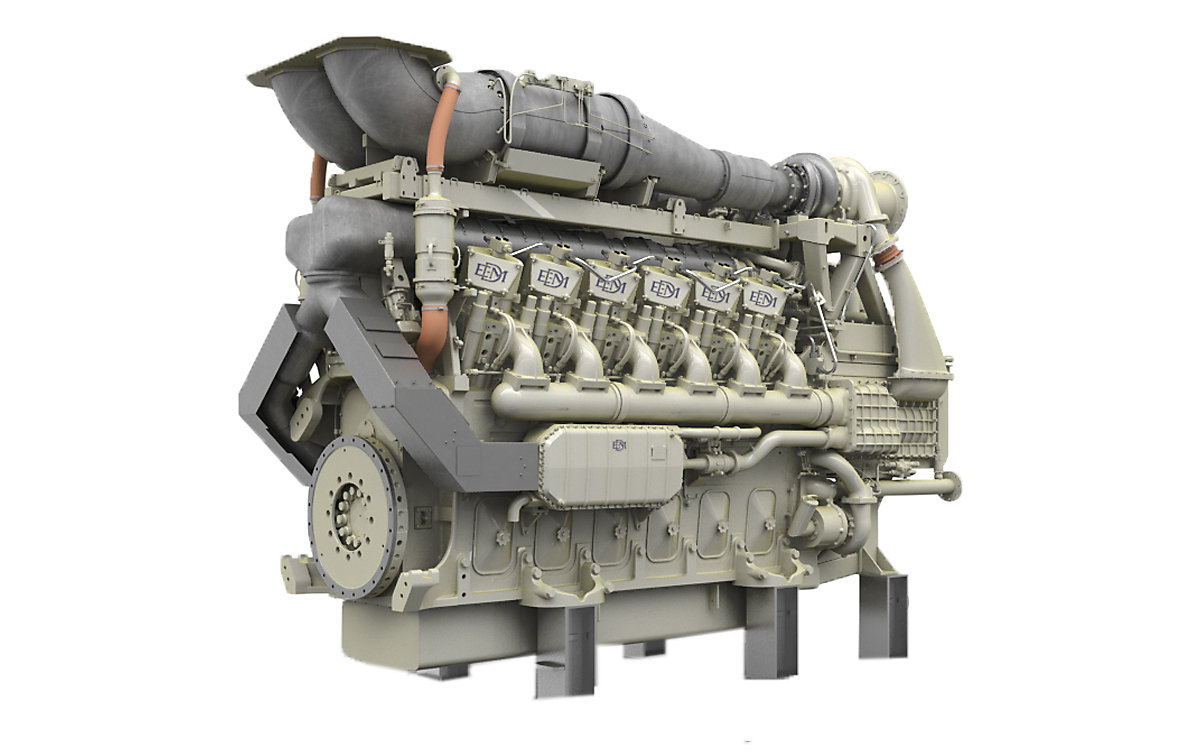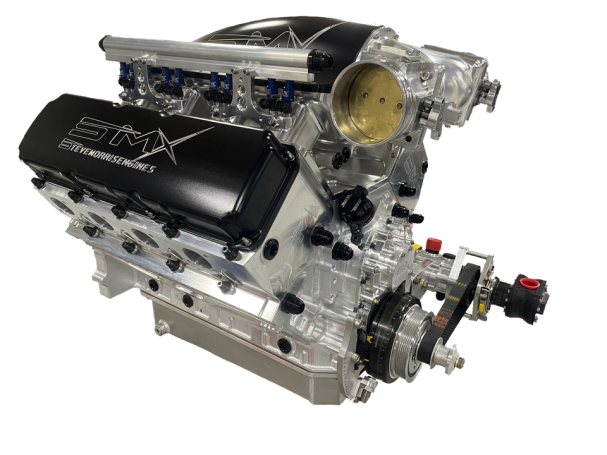Discover Engines for Africa at Our Thorough Auto Components Shop
Discover Engines for Africa at Our Thorough Auto Components Shop
Blog Article
The Impact of Cutting-edge Engine Technologies on Energy Effectiveness and Environmental Sustainability
In the realm of transport and commercial machinery, the continuous quest for boosted power efficiency and reduced ecological effect has led to substantial improvements in engine innovations. From the gradual shift in the direction of electrical and hybrid systems to the assimilation of turbocharging for enhanced efficiency, the landscape of engines is evolving swiftly.
Development of Engine Technologies
The development of engine innovations over the decades has actually been marked by continuous development and improvement in pursuit of improved efficiency and effectiveness. From the very early days of inner combustion engines to the innovative crossbreed and electric powertrains these days, the evolution of engine innovations has actually been driven by a ruthless mission for boosted gas effectiveness and reduced discharges.
One significant turning point in this advancement was the development of turbocharging and straight shot systems, which substantially boosted engine power outcome while boosting fuel performance. These technologies permitted smaller, a lot more light-weight engines that could supply the efficiency of larger ones without jeopardizing on performance.
Additionally, improvements in products scientific research have caused the prevalent adoption of lightweight products such as light weight aluminum and carbon fiber in engine construction. This has not only decreased general lorry weight yet has also improved engine efficiency by lessening power losses related to inertia and friction.
Advantages of Electric and Hybrid Systems
With the growing concentrate on sustainability and energy effectiveness, what advantages do electrical and hybrid systems use in the realm of engine technologies? Electric and hybrid systems existing numerous advantages that add to a more energy-efficient and lasting future. Among the primary advantages is the considerable decrease in greenhouse gas exhausts compared to standard interior combustion engines. Electric cars create no tailpipe emissions, resulting in improved air quality and decreased environmental effect. In addition, electric and hybrid systems are a lot more energy-efficient, transforming a greater portion of kept energy into propulsion contrasted to standard engines. This effectiveness results in reduced power consumption and operating expense over the car's lifetime. Electric lorries provide regenerative braking systems that record and keep energy typically shed during braking, further improving power effectiveness (engines for africa). Crossbreed systems combine the advantages of electric propulsion with the adaptability of a combustion engine, giving extended driving arrays and lowering variety stress and anxiety for consumers transitioning to electrical lorries. Generally, hybrid and electric systems play an important duty in advancing power effectiveness and ecological sustainability in the transportation sector.
Turbocharging for Improved Efficiency
Turbocharging works by using a wind turbine to require even more air into the combustion chamber, permitting for better fuel combustion and enhanced power output without a considerable rise in engine dimension. By making best use of the effectiveness of the combustion procedure, turbocharged engines can achieve enhanced gas economic climate and reduced discharges, adding to environmental sustainability. The prevalent adoption of turbocharged engines in both gas and diesel vehicles demonstrates their performance in balancing efficiency, performance, and environmental influence.
Taking Advantage Of Alternative Gas
Harnessing alternate fuels offers a promising method for minimizing carbon exhausts and diversifying the power resources used in transport. As the world aims to battle climate modification and lower my response dependency on nonrenewable fuel sources, alternative fuels have gotten significant attention for their prospective environmental and financial advantages.
Biofuels, such as ethanol and biodiesel, are stemmed from renewable sources like algae, corn, and sugarcane, supplying a cleaner burning alternative to conventional gas and diesel. These fuels can be mixed with existing petroleum fuels or utilized in specialized engines, supplying a path to reduced greenhouse gas exhausts and boost air top quality.
Furthermore, hydrogen gas cells have arised as an encouraging innovation for zero-emission transportation. engines for africa. By converting hydrogen gas into electricity to power electric motors, gas cell automobiles produce only water vapor as a byproduct, eliminating damaging tailpipe exhausts totally
Along with decreasing carbon emissions, alternative gas can additionally boost power protection by diversifying the gas mix and lowering reliance on imported oil. Embracing alternate gas in transportation is a critical step in the direction of attaining a more eco friendly and lasting future.

Future prospects and ecological advantages
Alternate gas, such as biofuels, hydrogen, and electrical power, deal significant environmental advantages compared to standard fossil gas. Additionally, different fuels can aid branch out power sources, boosting energy security and reducing dependence on finite sources.
Improvements in innovation continue to boost the effectiveness and affordability of different fuel lorries, making them a lot more available to consumers. By accepting alternative gas and ingenious modern technologies, the course towards page an extra lasting future becomes progressively achievable.

Verdict
In verdict, cutting-edge engine modern technologies have actually played a crucial role in boosting power performance and advertising ecological sustainability. The development of engine innovations, adoption of hybrid and electric systems, utilization of turbocharging, and exploration of different gas have all added to raising and lowering exhausts performance.
In the world of transport and commercial equipment, the continual pursuit visit this site for enhanced energy effectiveness and decreased environmental effect has actually led to significant improvements in engine technologies. Turbocharging works by making use of a turbine to force even more air right into the burning chamber, enabling for better fuel combustion and raised power result without a substantial boost in engine size. By maximizing the efficiency of the burning process, turbocharged engines can accomplish enhanced fuel economy and decreased emissions, contributing to ecological sustainability. Different fuels, such as biofuels, hydrogen, and electricity, deal significant ecological benefits contrasted to traditional fossil gas. The evolution of engine modern technologies, adoption of hybrid and electric systems, application of turbocharging, and exploration of different fuels have all added to enhancing and lowering emissions performance.
Report this page